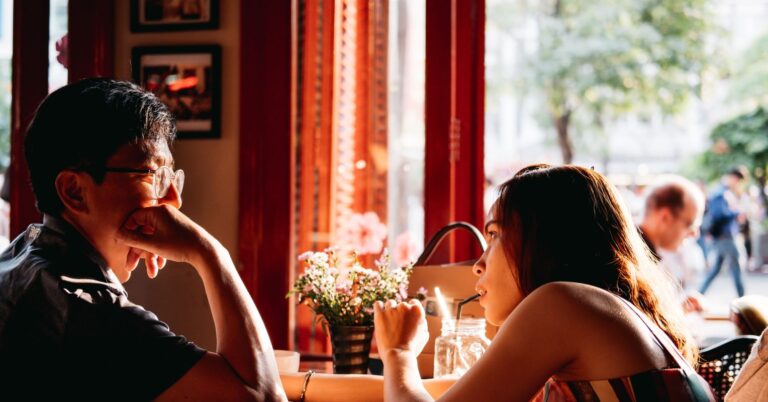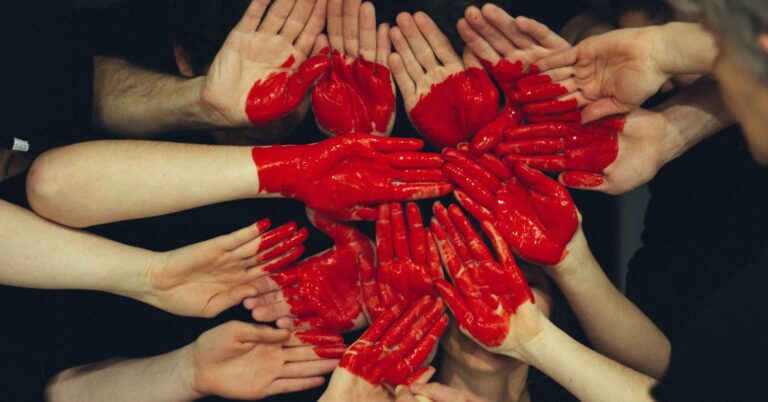
Source: Sasha Freemind / Unsplash
Incels, short for involuntary celibates, refer to an online community of predominantly heterosexual men who are frustrated by their inability to secure romantic or sexual relationships. The misogyny, hate speech, and, in some cases, real-world violence perpetrated by self-identified incels are alarming and appear primarily driven by hatred and distrust of women and a sense of feeling victimized by the feminist movement.
Understanding the psychological underpinnings of a so-called incel’s approach to dating is essential in fostering change in their lives and minimizing potential impacts on others. The following may be two key reasons why incels experience unhappiness in their dating lives.
1. They rely on an external locus of control.
A 2023 study found that, in assigning a cause to their singlehood, men who self-identified as incels displayed a greater “external locus of control” than non-incel men, attributing life events and outcomes of one’s actions to external factors and perceiving their lives as being largely governed by forces beyond their control. The researchers suggest that such external attribution may stem from social comparison, as incels often perceive themselves as having lower “value” as romantic or sexual partners than other men.
The study found that incels further placed excessive importance on physical attractiveness and financial prospects to attract women and underestimate their preferences for the qualities of intelligence, kindness, and humor. Incels’ inaccurate perceptions of what women desire in partnerships led to them blaming women as well as other men for their lack of romantic success.
Additionally, the rise of dating apps has intensified incels’ dissatisfaction. According to a 2021 study, incels believe that women on dating apps prefer men of higher social status or superior educational backgrounds over them, while incels personally report lower levels of education and employment.
Incels also believe that highly desirable men, branded by the community as “Chads” or “Alpha males,” are winners of the genetic lottery for attractiveness, due to which a majority of women gravitate towards them, reducing others’ chances for a match.
Finally, incels believe that “subordinate” men, often referred to as “betas” or even “simps” make women believe they are more desirable than they actually are, so that they will choose them. Incels perceive themselves to be at the bottom of this three-tier hierarchy of desirability.
The researchers suggest that by viewing technology, women, or other men as the cause of their misery, incels avoid accountability for their actions or maladaptive coping mechanisms for rejection. By projecting their dating insecurities onto their external reality, they reinforce patriarchal values and dehumanize the women they seek to date, further reducing their chances of romantic success.
2. Incels create a distorted self-perception.
Self-identified incels believe themselves to be less attractive and romantically undesirable, and facing rejection on dating apps amplifies this belief, with adverse consequences for their own mental health.
A 2023 study published in The Journal of Sex Research examined online dating experiences of incels and non-incels, finding significant mental health differences between them. Incels scored higher than their counterparts on the following dimensions:
- Depressive symptoms. Men who considered themselves incels were more likely to have severe depression and anxiety, likely exacerbated by their higher levels of loneliness, lack of social support, and solitary, unhealthy coping mechanisms.
- Rejection sensitivity. The self-identity of an incel is rooted in romantic rejection. The researchers found that they also experience high levels of rejection sensitivity, which refers to an individual’s heightened and often anxious response to the perceived possibility of rejection or social exclusion. The study found that incels also reported a greater fear of being single. This creates a tendency to react strongly to situations that may involve social judgment, like dating often does. It seems that in rejecting themselves and believing they will not be good enough for potential partners, incels believe everyone else will agree. This may contribute to hostile behavior, making them more dismissive of others and resulting in an unfortunate self-fulfilling prophecy.
- Lower self-esteem. An incel’s self-esteem is highly influenced by their relationship status. The undesirable category they assign themselves to, as well as heightened levels of rejection sensitivity, could be contributing to their lower self-esteem as compared to non-incels because securing a relationship is essential to their confidence.
- Insecure attachment style. Incels tend to display insecure and avoidant attachment styles and this may be associated with their perception of women as manipulative or the narrative of them that suggests that they settle for rich “beta” men until they meet a “Chad.” Insecure attachment styles have also been linked to violent relationship behavior.
The researchers found that all of these symptoms in incel men were linked to believing they were less popular than others and suggested that incels’ anxiety around being single could make their dating experiences worse.
Inherent to extreme incel ideology is the attitude that women are inferior, make shallow choices, and are commodities men are entitled to. These ideas, rooted in toxic masculinity, perpetuate a harmful narrative for both incel men and non-incels.
Learning to cultivate trust in potential partners, building one’s self-esteem in the face of rejection, unlearning antifeminist ideals, seeking social and mental health support, and recognizing that improved romantic relationships are possible could be key to creating meaningful change.
Conclusion
The psychology of incels reveals a complex interplay of distorted self-perception, external locus of control, and misperceptions of non-incel dating behaviors. Navigating these issues requires a nuanced approach that challenges their beliefs, promotes self-awareness, addresses their mental health concerns, and encourages healthier attitudes towards themselves, dating, and relationships.





















+ There are no comments
Add yours